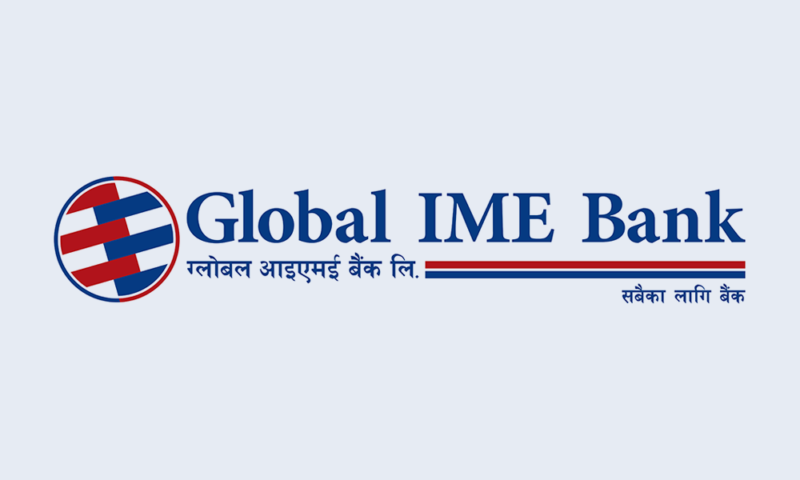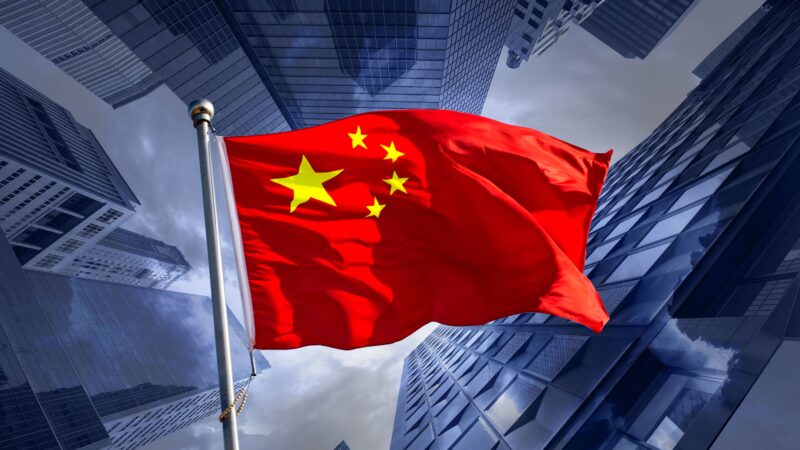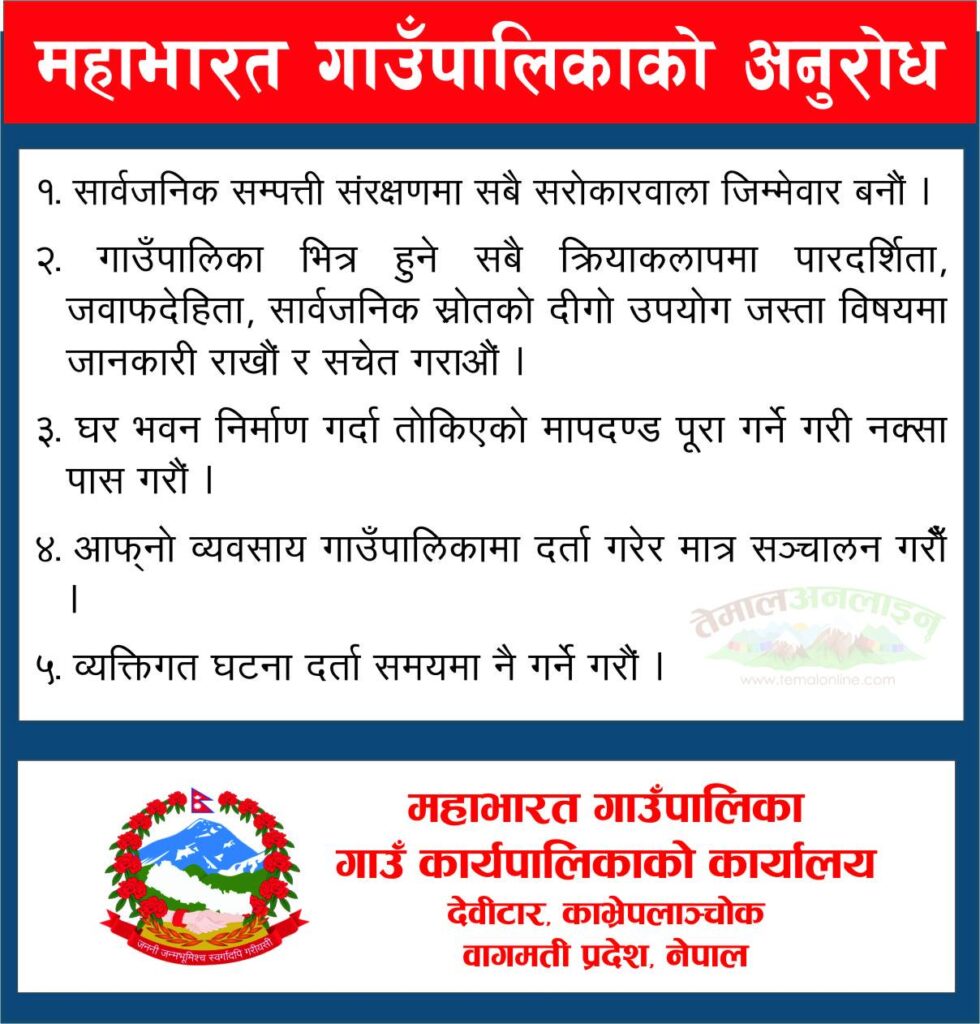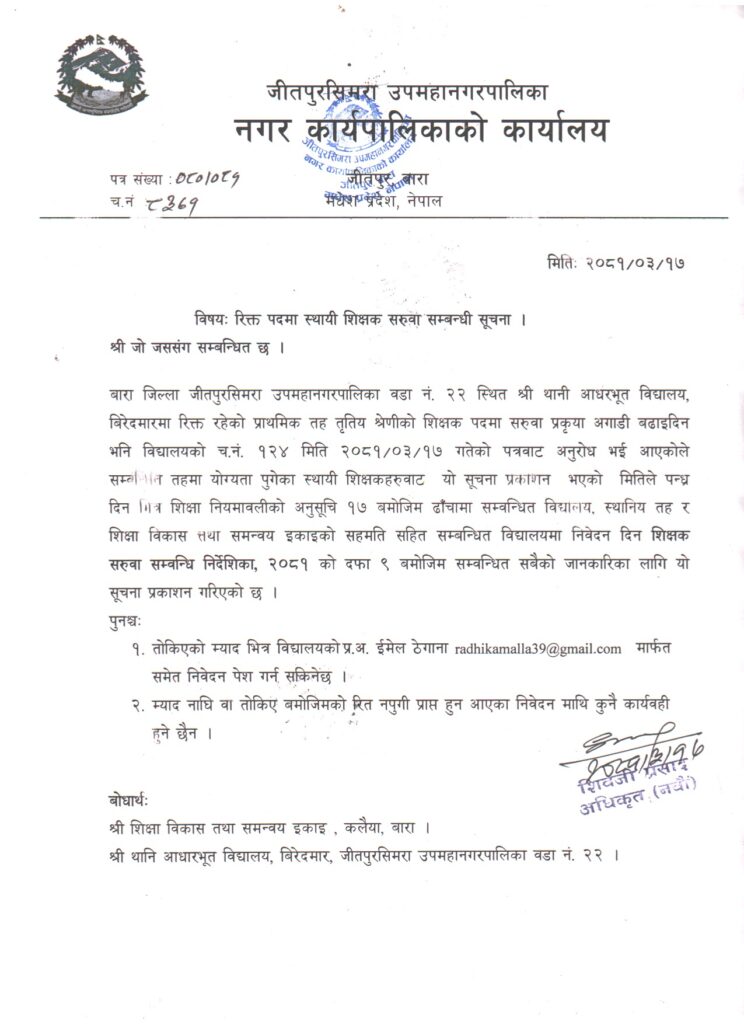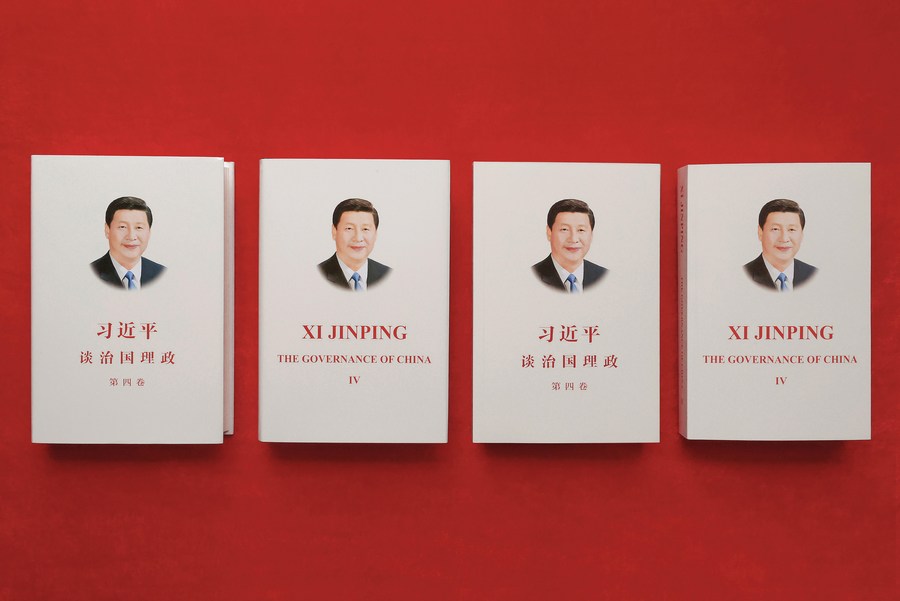
Xi Jinping’s The Governance of China is tantamount to new Communist Manifesto
Girdhari Subedi
The Chinese and English editions of the fourth volume of “Xi Jinping: The Governance of China,” published and released in July 2022 covers the issues of Socialism with Chinese Characteristics in the New Era; Overall CPC Leadership; New Development Stage, Philosophy and Dynamic; High-Quality Development; Whole-Process People’s Democracy; Advanced Socialist Culture; Global Governance and Multilateralism; High-Quality Belt and Road Cooperation and several others.
The newly-published volume contains a compilation of 109 spoken and written works of Xi, general secretary of the Communist Party of China (CPC) Central Committee, from February 3, 2020 to May 10, 2022, along with 45 photographs taken since January 2020. It is divided into 21 sections by topic.

The articles are filled with philosophical insights, artistic presentation and a broader perspective that bears highly inclusive views on local to global issues also covering the emerging issues.
Unlike the westerners’ views, the book by Xi Jinping has offered collaboration for south-south cooperation and embracing appropriate measures in combating climate change threats and ecological conservation too and says “Protecting the ecosystem requires more than a simplistic, palliative approach.”
First of all this books is a thorough compilation of thoughtful articles of President Xi Jinping that help the international readers to minutely analyze China’s journey and its hard-earned development by maintaining discipline of its population and uniting them irrespective of international provocation.
Besides several other aspects, the book is a window to grasp the essence of Xi Jinping Thought on Socialism with Chinese Characteristics for a New Era and also an official document to visualize how the Communist Party of China (CPC) functions.
The book is not only the Chinese President’s articles but also a common goal of entire Chinese nationals and their common viewpoints expressed through the political leadership’s actions and it can be termed as a communist manifesto for the global humanity in the 21st century. So this book is truly moving and thought-provoking at once.
For the developing countries, the book is important to learn lessons on lifting their populations out of poverty and achieve sustainable development and learn the ways to advance national development that is people-centered, inclusive, just, equitable and global in vision.

At a point, President Xi states, “Democracy is not an ornament to be used for decoration; it is to be used to solve the problems that the people want to solve. Whether a country is a democracy or not depends on whether its people are really the masters of the country.” This speaks of key gaps in the practice of democracy in the modern world that practices elections just for the sake of elections. On democracy, Xi further states that people of all countries are entitled to choose their own development paths and institutional models. In the same vein, democracy is the right of all peoples, rather than an exclusive privilege of the few.
In his writings and speeches, innovation and technology is a key focus for the technological advancement as a driver of development. He has called for China to become a global leader in technology, including areas like artificial intelligence, biotechnology, and green technologies.
Likewise, Xi’s government launched a high-profile campaign to alleviate poverty in China, with the goal of eradicating extreme poverty by a certain date. This initiative focused on improving living conditions, access to education, and healthcare in impoverished areas.
In this book, the aspect of rural revitalization is highlighted so as to achieve a balanced development. This includes efforts to modernize agriculture, improve rural infrastructure, and provide better social services to rural residents.
Furthermore, Xi has articulated a vision for China to take on a greater role in shaping the global economic order. This includes promoting the Belt and Road Initiative (BRI) to enhance infrastructure and trade connections with countries around the world.
So, the book has articulated several key messages on development, both domestically and in the context of China’s role in the world. From the book, some key points could be drawn from the point of view of economic development and modernization. Xi Jinping has emphasized the importance of economic development and modernization as key goals for China. He has sought to advance the country’s economic growth and raise the standard of living for its citizens. Xi has highlighted the need for China to become a “moderately prosperous society” and has set specific economic development targets and achieving a “comprehensive well-off society” by a certain deadline.
Subedi is an Assistant Professor of Political Science and a Lawyer practicing law for three decades



